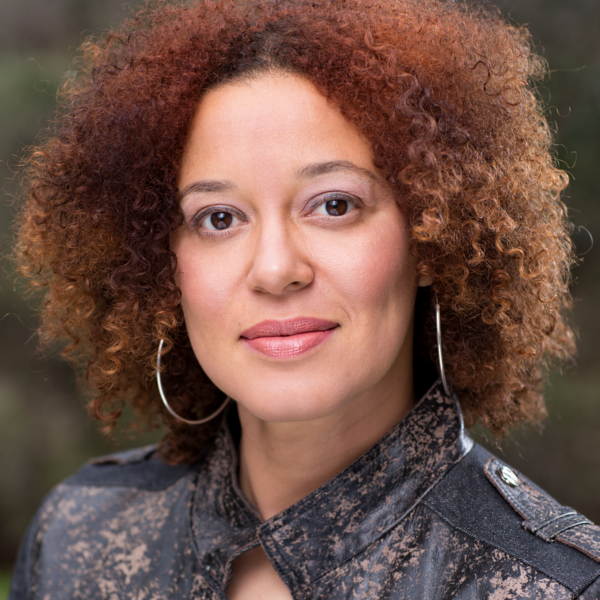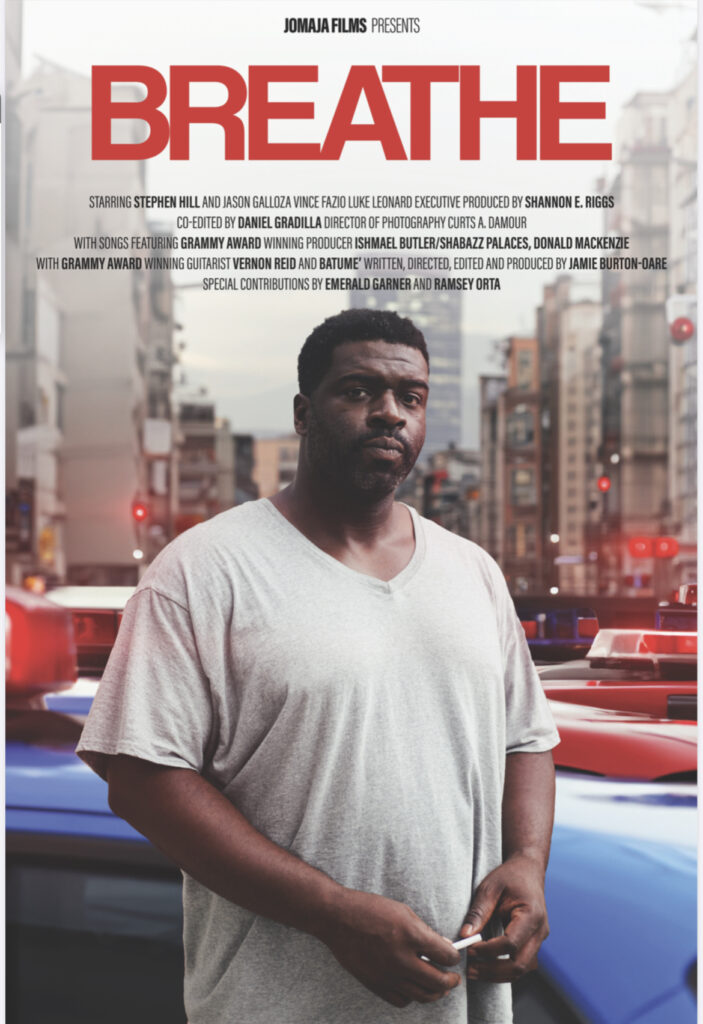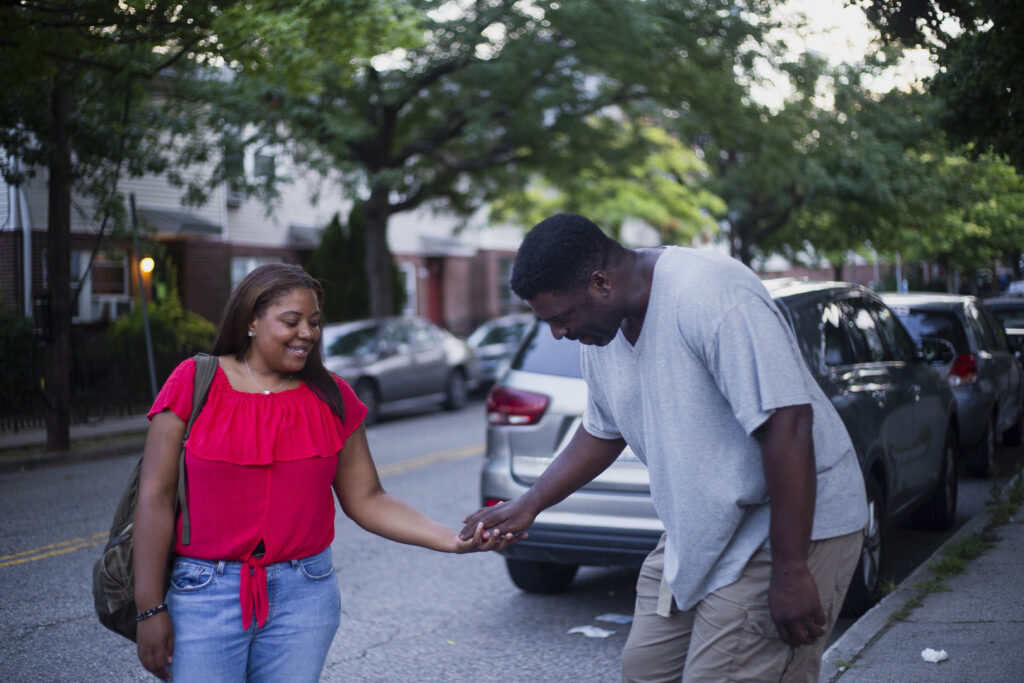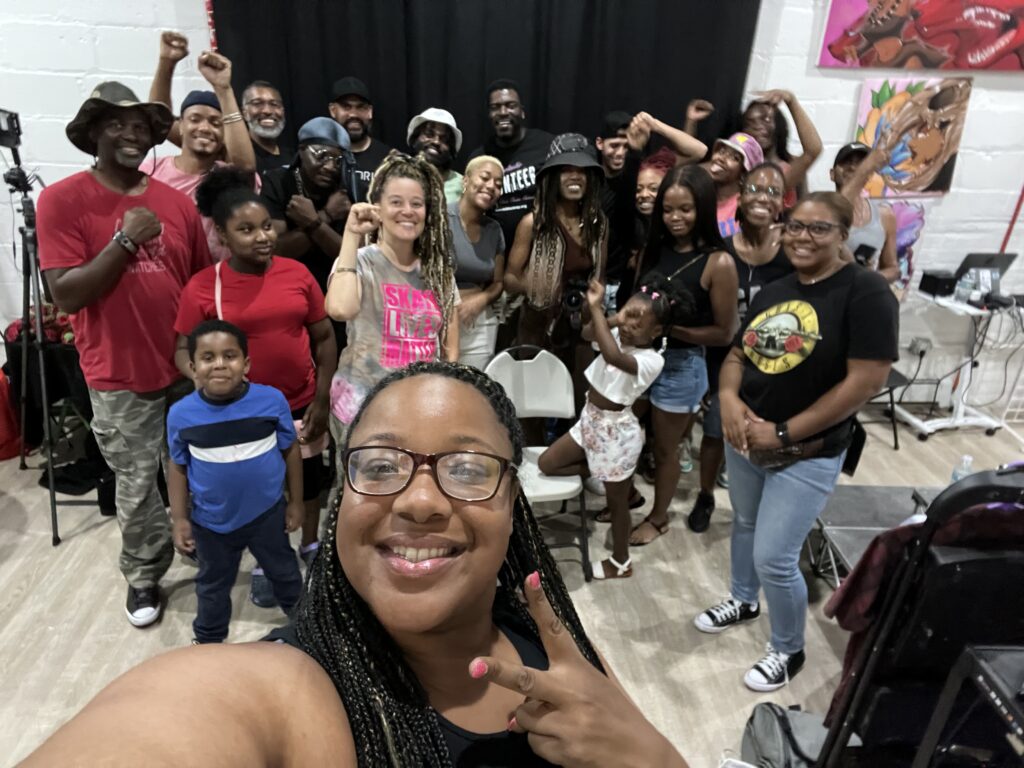By David Jordan Jr
The power of the pen and the power of the camera enables one to tell stories, share history and teach others about the various things that happen in life today, what happened in the past and what could happen in the future. Events that happen in the past are able to live on through the infinite power of the camera.
Award-winning writer, director, and producer Jamie Burton-Oare has utilized her passion for film to share stories of truth, awareness, fiction, and reality to the world. Hailing from Flint, Michigan, Jamie attended the HBCU Howard University and graduated with a Bachelor of Business Administration in Marketing. She completed film school at Los Angeles City College and earned a Master of Fine Arts in Screenwriting from Cal State University-Northridge. Jamie’s production company Jomaja Films has produced various films, most recently the short film “BREATHE.”
BREATHE presents the story of Eric Garner in a day that would become his last day on this earth and the topic of over-policing. Jamie talked to ESHE about this film and the impact the making of the film and the story had on her life, the Garner family and those that have viewed the short film.
David Jordan Jr: As time moves forward, history and events from the past is sometimes lost, altered, or neglected. The film Breathe depicts the events of July 17th, 2014 involving Eric Garner and law enforcement. This year marked ten years since his death. As a writer, producer, and director, what inspired you to create this piece?
Jamie Burton-Oare: I was inspired to create an alternate narrative about the day Eric Garner was killed by NYPD because I was fed up. It’s exhausting hearing about Black men being killed by the police for simply existing. We all know what is happening, yet somehow society allows it to continue. I wanted to create another idea. An idea that spoke to what it should be when human beings don’t suppress their human instincts.
David Jordan Jr: The cinematography from this film is gripping in a way that it entangles the viewer into each moment. Can you describe how you employed certain viewpoints and colors for the visuals in this film?
Jamie Burton-Oare: Thanks for noticing the color palette. I specifically wanted to use a lot of red and blue for multiple reasons. Red represents blood and loss of life or the presence of life. Blue represents the flow of breath and the flow of life and is the perceived color of veins. Red and blue are also warring colors that represent the bloods and crips and also the Democrats and Republicans. The police are most known for blue, but the truth is some of them operate with a gang mentality so I dressed the two officers who attacked Eric in red and blue. From scene to scene I wanted to assert vivid colors to represent the life force in the film, like the scene that focuses on the plants. I wanted the audience to feel and see the vibrancy through the colors in the film that depict what life could be like if it occurred the way it is represented in BREATHE. Most of this was achieved in post.
David Jordan Jr: As you began the process of creating BREATHE, did your vision for the film grow as you began to learn more about Garner’s life, his family, and the circumstances surrounding his death?
Jamie Burton-Oare: I actually did extensive research on Eric prior to writing the script. When I learned of his background as a horticulturist, I was impressed and wanted to bring that forth. I did learn some interesting things from Emerald Garner, Eric’s daughter, who has carried on the fight for justice for her father and sister Erica. I learned Emerald was caring for her sister’s children and I wanted to pay respect to that fact. I stayed open and let the film Breathe even as it journeyed on the festival circuit. I never stopped editing. My co-editor Daniel Gradilla and I kept going. If I discovered something that would work better from watching it with an audience at a screening, I made the change.
David Jordan Jr: What did you learn about yourself upon the completion of this project?
Jamie Burton-Oare: I learned that I am more determined to complete a task than I thought. I knew I was that way, but this film really tested those limits. I am grateful for the people who are a part of my cast and crew and donors who made it all possible. They didn’t give up on me and I don’t take that lightly. I learned that I am still a student of cinema and there is plenty for me to explore that will satisfy my creative spirit in this realm.
David Jordan Jr: Can you talk about how this film impacted the family and how the reception of the film by the family has impacted your life as a filmmaker?
Jamie Burton-Oare: Believe it or not, Emerald has been my champion and so has Ramsey Orta, who filmed Eric Garner’s killing and is represented well in BREATHE. Emerald has yet to see the film. She came to set and gave us her blessing and we have a relationship to this day. But it is difficult for her to see anything related to her father’s death regardless of the intent. We arranged for her to be at the premiere in Detroit but it didn’t happen. I’m here to support her so whenever, if ever, she chooses to watch it, I will make it happen. That goes for any of her family. And the same for Ramsey.
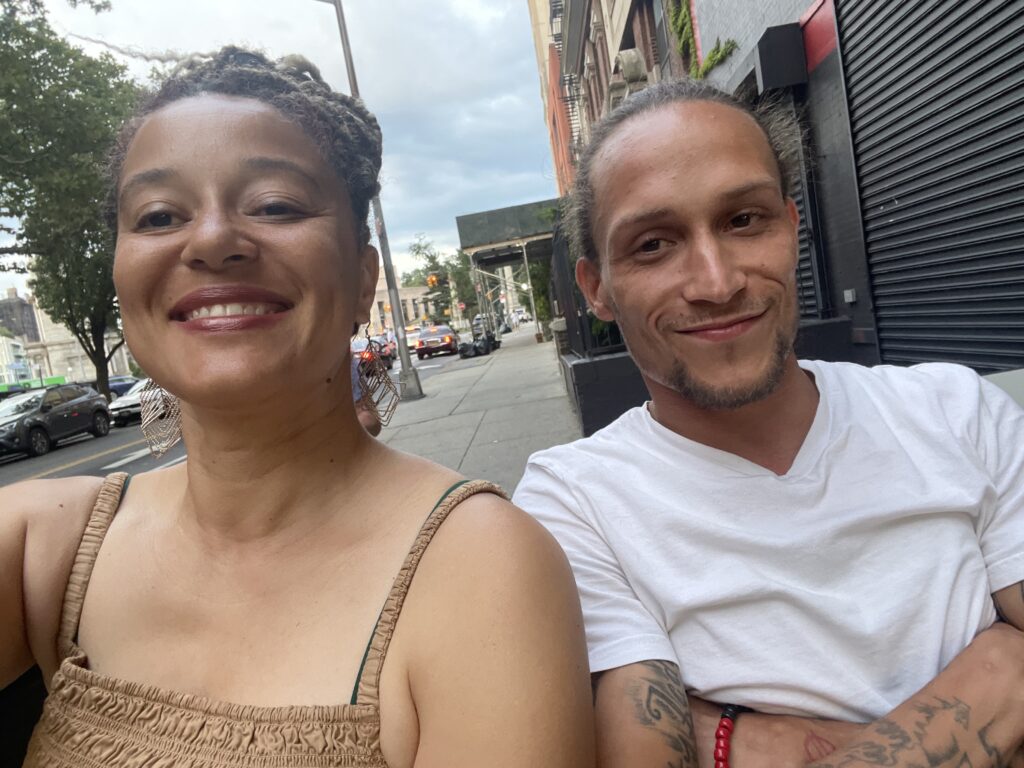
David Jordan Jr: How can people support “BREATHE” and the ultimate vision for this film?
Jamie Burton-Oare: At present, we made it to the Academy Screening Room where Academy Members are able to vote for BREATHE to move forward to the shortlist and then to the nomination. We would love any members to view the film and vote for the film while it is in the For Your Consideration Best Live Action Short Film category. Also, continue to repost our flyer on social media and spread the word. Once the award season is over, distribution will be announced in March. BREATHE is booked for a few more festivals including a screening in my hometown of Flint, MI in the spring and a major university in Texas in the fall. Ultimately, the goal is to shed light on police brutality and the need for police reform. Ramsey Orta is at Rikers Island now partly due to continued harassment by NYPD since he filmed Eric’s killing. He needs real rehabilitation and mental health support, not jail. I’d love for that to happen. I also believe Emerald should be supported in her efforts to fight for justice for all victims of police brutality. She has an organization called We Can’t Breathe doing good work in the NYC/Newark area. As for me, I want BREATHE to be seen by as many as possible, globally, and for conversations about the film to inspire change, real change around police brutality. Police should be required to study human behavior and live amongst the communities they serve like they did in the 1940s when my Mother was growing up – Beat Cops is what they were called.
Follow ESHE Magazine On Instagram HERE

